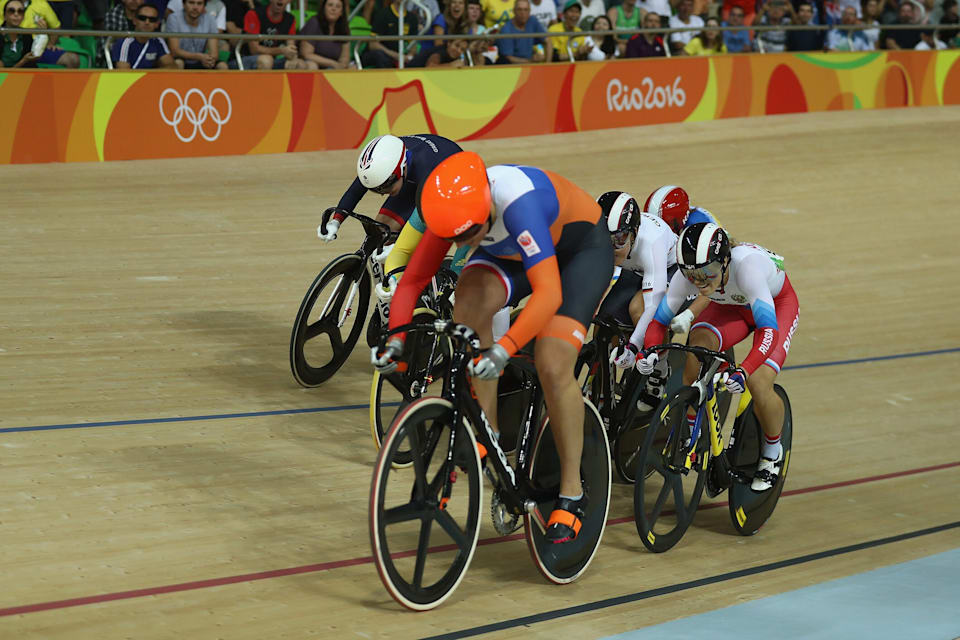Rio 2016 volunteer setting the pace in the velodrome
Ivo Siebert rides with champions but his name is not on any team list or competition schedule. The 35-year-old, a semi-professional cyclist who owns a bike shop in southern Brazil, has been setting the pace for the track cycling keirin events at Rio 2016, calmly riding an electric bike while the world's fastest racers prowl behind him, preparing to sprint.
“You feel that energy behind you... but you have to keep very focused, on the speed, on the curves," says Siebert, who in beige trousers and black backpack looks more like a man commuting to an office job than a central protagonist in an Olympic cycling event.
The keirin is a race in which track cyclists sprint for victory after a speed-controlled start behind a motorised pacer. Tracing its roots to post-war Japan, where it gained popularity for its drama and unpredictability, it first became an Olympic event at the 2000 Games in Sydney.
In Rio's Olympic velodrome, Siebert peels aside with two-and-a-half laps to go. Unleashed, the racers pump to a full sprint, weaving up and down the inclined track with curves so steep a ladder is required to clean them.
“Thankfully I'm not really able to watch the race. I think it's better that way,” says Siebert. At first he hesitated when asked to ride the electric bike. “I needed a few hours to think about it,” he said slowly as if weighing up the decision again. “It's a really big responsibility.”

He might not be competing for a medal, but the race depends on Siebert gradually increasing his speed from 25km per hour to 50km before pulling aside at just the right moment. Millions of people around the world are watching. For a first-timer it can be daunting. On 12 August, long after Great Britain's Sir Bradley Wiggins claimed his fifth gold and left the arena, Siebert shared the venue with cleaners and a handful of left-over reporters, doing practice laps around the track.
Seibert does not take his responsibilities lightly “When I woke up this morning I didn't look at my phone, didn't talk to too many people, I just stayed focused like I used to before a race," he says. “Out of respect for the athletes you have to make sure nothing goes wrong. These riders, to me, they are demi-gods.”
Netherlands’ Elis Ligtlee took the women’s keirin title, ahead of Great Britain’s Becky James and Australia's Anna Meares.